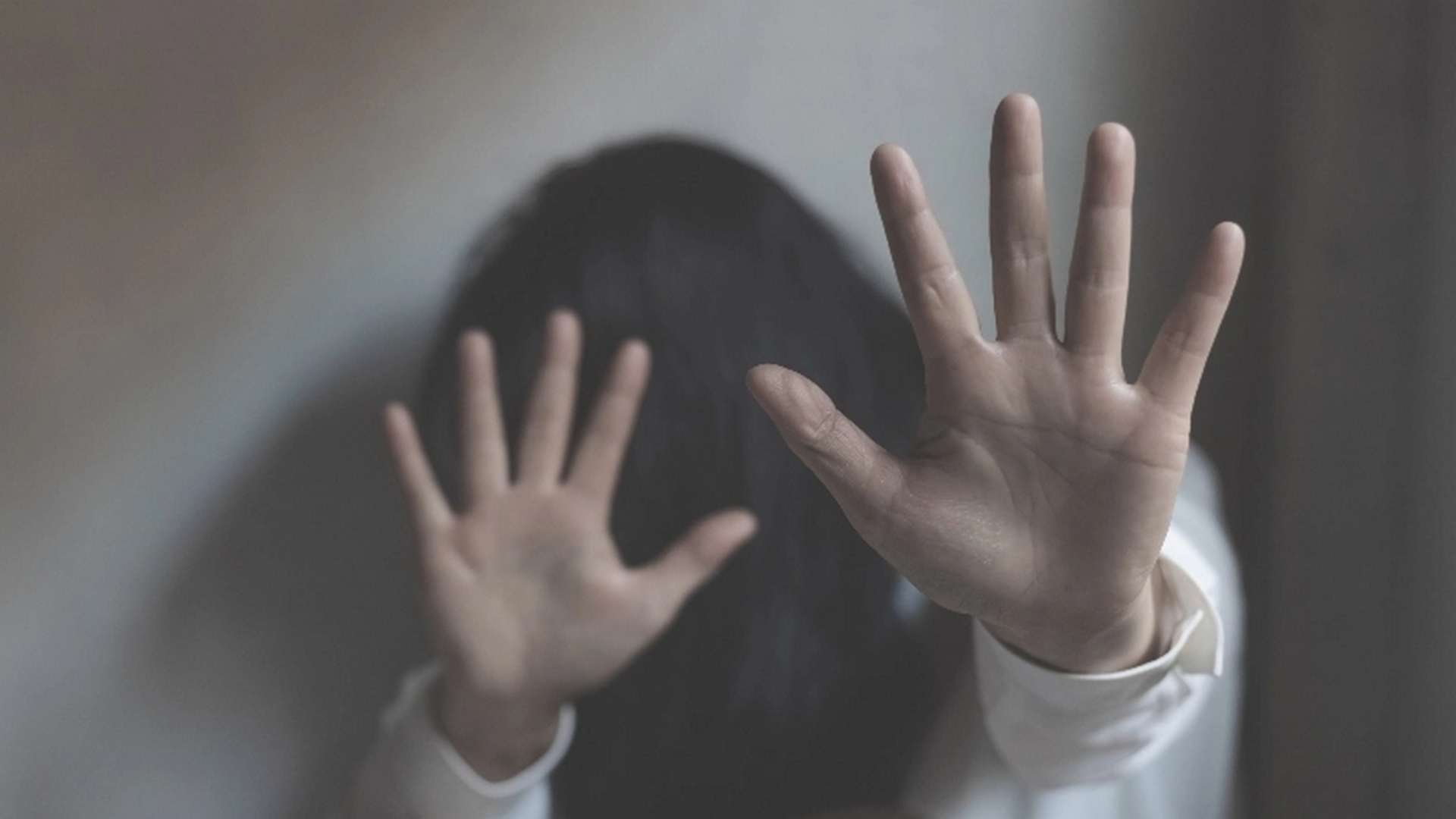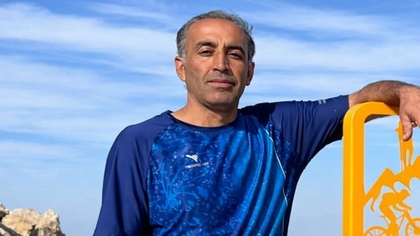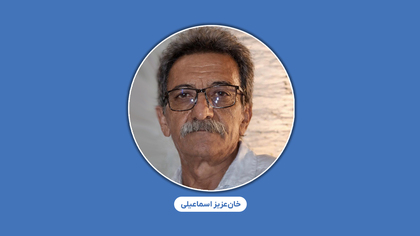Urmia; The murder of a young woman with an "honor" motive by her brother

On October 28, 2023, a young woman named "Vida Dehghan Piranjoog", daughter of "Abdolbaghi", from the village of "Piranjoog" in the suburbs of Urmia and resident of the "Koshtargah" neighborhood, was murdered by her 15-year-old brother named "Kamran" for "honor" and "having an extramarital affair".
According to an informed source to Kurdpa, this 20-year-old woman was suffocated by her brother for "honor" and "having an extramarital affair".
The informed source added that this young woman had got married about two years ago and had returned to her father's house in recent days after a dispute with her husband.
"Kamran Dehghan Piranjoog", who has been introduced as the murderer of his sister, has been on the run since her murder and has not been arrested yet.
The body of "Vida Dehghan Piranjoog" was buried in the "Bagh-e Rezvan" cemetery in Urmia on October 29.
This 20-year-old woman has a child.
Kurdpa strongly condemns honor killing and emphasizes that while the Islamic Republic is a sexual/gender apartheid government and women are systematically under oppression, suppression, government murder, and discriminatory laws and structures, on the other hand, the government has used feminicide for political-social purposes and left the perpetrators free to kill women; civil society must take this issue seriously and raise awareness about feminicide for society. This social responsibility is the most effective and perhaps only solution currently available to combat violence against women in society, and perhaps society's silence in this regard will victimize more victims; victims who have already been victims of child marriage, forced marriage, dropping out of school, pregnancy at a young age, various forms of deprivation and social and human restrictions.
According to Ewin Mostafazadeh, the spokesperson for Kurdpa, what needs to be considered regarding femicide in Iranian Kurdistan is contrary to the government's discourse. Femicide is not the result of a single factor such as "honor" or "cultural" incentives, which the government uses politically and socially to absolve itself of responsibility for discriminatory and violent laws and practices against women, especially the immunity it has adopted and implemented for murderers in its laws. On the other hand, it shows that Kurds are inherently a culture of femicide, while culture is not a static issue and continues to evolve in social, political, and economic conditions.
In recent years, social phenomena such as addiction, poverty, unemployment, etc. have been among the important factors in domestic violence, femicide, and increasing violence at the community level in general. On the other hand, femicide and suicide are not only related to women who are passive victims but also many cases have been caused by their demands and awareness of their rights and as a result of violence. The murders of 17-year-old Fatemeh and 18-year-old Hayedeh are two recent cases that have occurred as a result of their protest against patriarchal laws and pressure on their rights and freedoms. These cases not only do not find a safe way out within the framework of the laws and structures of the Islamic Republic but also lead to their death by losing their lives.
However, referring to these factors does not mean purifying femicide perpetrators and violence against women in society. Rather, it is an indication of the entanglement of discrimination and violence against women in society that its laws and regulations have internalized them institutionally. Of course, anti-women traditions and laws must be overturned, and their perpetrators should not have legal or social immunity.



